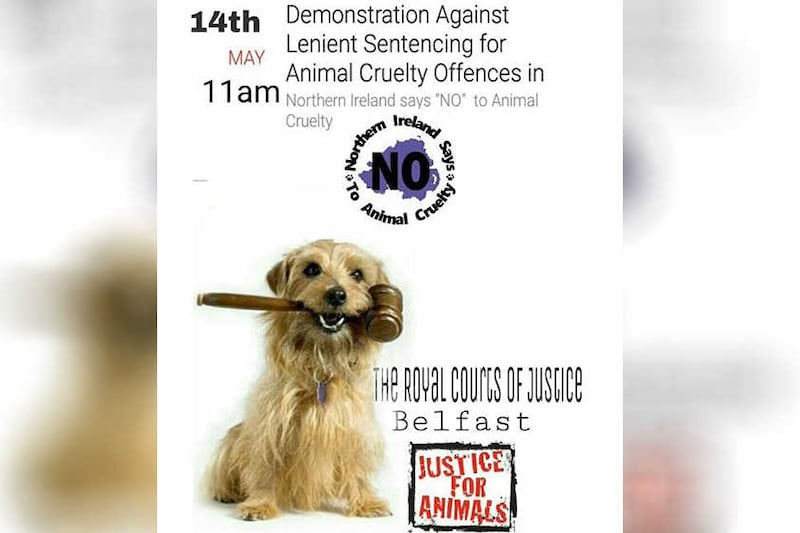STORMONT ministers have vowed to get tough on animal cruelty as they outlined a crackdown against offenders.
Agriculture minister Michelle O'Neill and justice minister David Ford warned of no tolerance for perpetrators ahead of publishing the findings of a review of animal welfare legislation.
They claimed Northern Ireland was now set to have the toughest penalties for animal cruelty of anywhere in the UK or Ireland.
The ministers have already moved to implement one of the review's main recommendations – to beef up jail sentences.
The assembly recently voted for a law change, as part of the new Justice Bill, that will increase the maximum penalty for the most serious animal cruelty offences from two years behind bars to five.
As a consequence of the review, new powers are also to be handed to Northern Ireland's director of public prosecutions to enable the appeal of animal cruelty sentences on the grounds of undue leniency.
The review of animal welfare legislation has made a total of 68 recommendations.
Prior to launching the review report on Monday, Ms O'Neill issued a blunt warning to would-be abusers.
"I wanted to send a very clear message that we will not tolerate cruelty and that those individuals who neglected and abused animals would pay in court," she said.
"This review recommends an increase in the penalties available to the judiciary for the most serious animal welfare offences. Some offenders could now face up to five years behind bars for their actions. It is vital that no time is lost putting these measures in place.
"The review also recommended that the most serious animal welfare offences be included in the Unduly Lenient Sentences (ULS) scheme.
"This will be enshrined in legislation within a few weeks and will allow the DPP to refer animal welfare cases to the Court of Appeal where the sentence handed down in cases heard by the Crown Court is considered to be unduly lenient.
"These changes mean we will have the toughest penalties for animal welfare offences anywhere on these islands. I firmly believe that they will be a real deterrent and show how seriously animal welfare is viewed. This is a clear message that we are tough on offenders to protect the welfare of animals."
Mr Ford described animal cruelty as "abhorrent".
"In the past five years we moved from maximum penalties of just three months' imprisonment to the five-year maximum recently agreed by the assembly," he said.
"This shows how seriously we view animal cruelty.
"I am pleased to have been able to include the necessary legislation in the Justice (No2) Bill. Alongside the changes my Department is making to the Unduly Lenient Sentences scheme I believe this will significantly improve our ability to effectively tackle animal cruelty."
The ministers are also due to announce a new animal welfare website, designed to be a single source of information from all the enforcement bodies.
It is hoped the site will assist members of the public understand who to contact if they are concerned about the welfare of an animal.
It will also provide information about buying and caring for animals.
Janice Watt, from League Against Cruel Sports N Ireland, welcomed the crackdown.
"Harsher penalties for animal cruelty offences was a bold step but one that was expected by the public," she said.
"There's been a growing sense that when it comes to things like dog fighting, the punishment didn't fit the crime. People who commit these kinds of atrocities need to understand that harming animals will not be tolerated in today's Northern Ireland."




